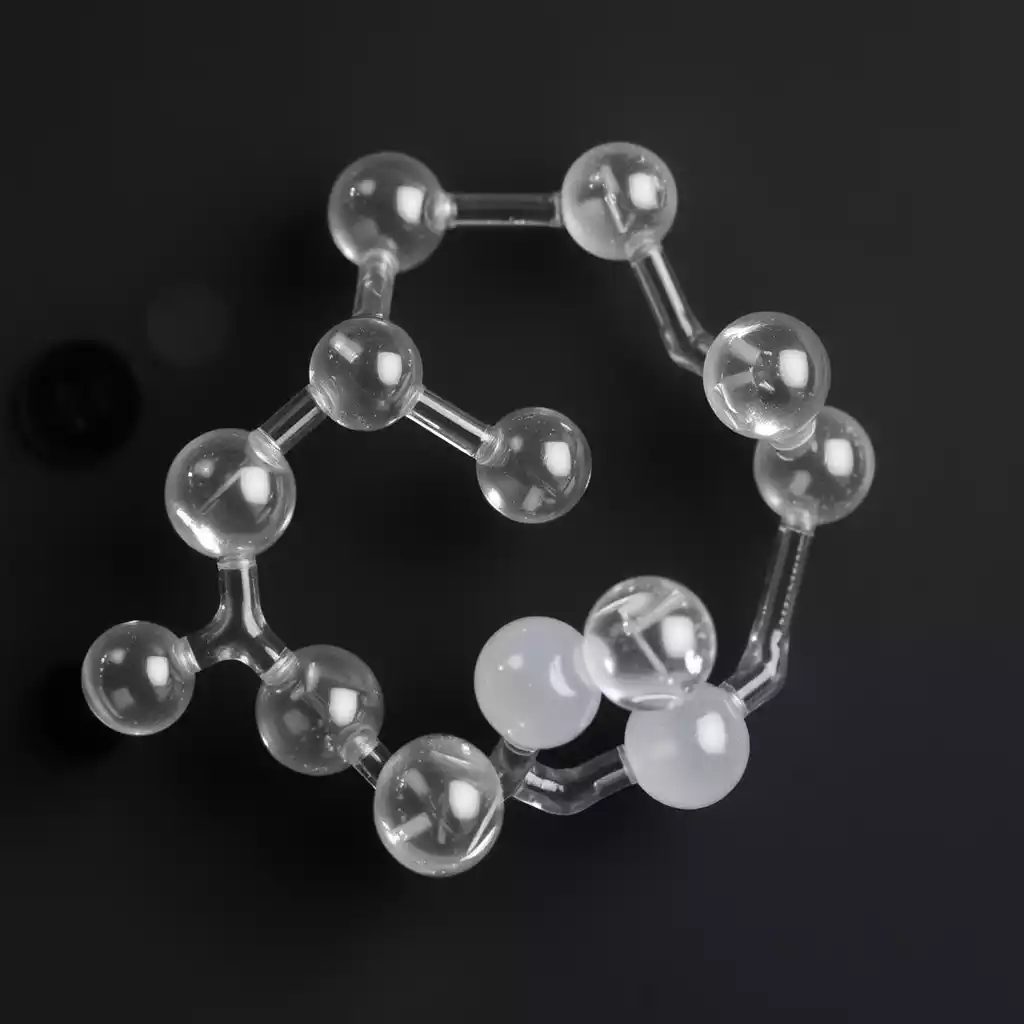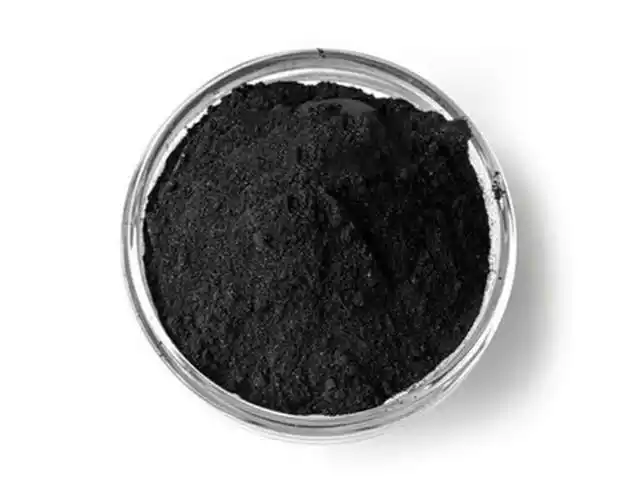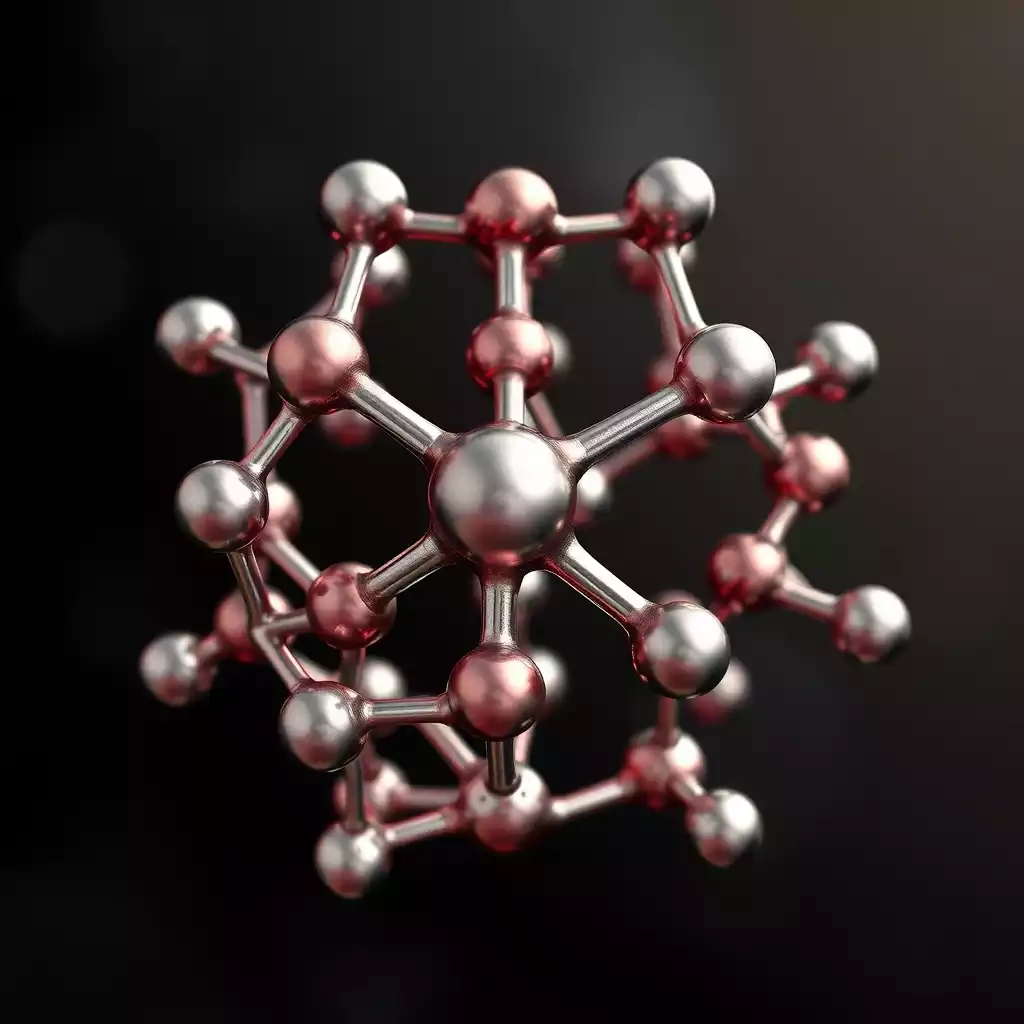![]()
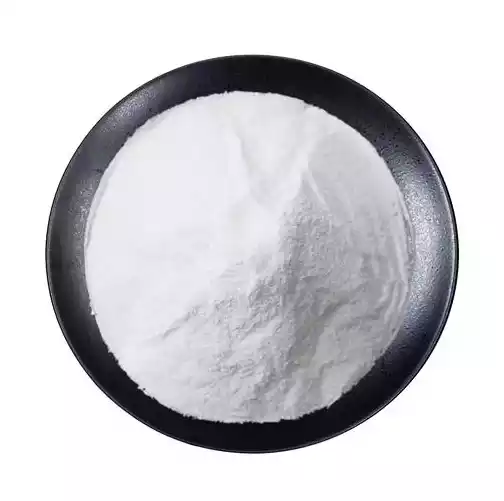
What is 2,2-Azobisisobutyronitrile (AIBN)?
2,2-Azobisisobutyronitrile (AIBN) is a widely used chemical compound in the industrial production of various synthetic polymers and materials. It is classified as a radical initiator, which plays a pivotal role in polymerization reactions. This article will delve into the chemical properties, applications, safety protocols, and global market demand for AIBN. Additionally, we’ll explore its relationship with other chemical raw materials offered by Honrel, a leading supplier of industrial chemicals.
Table of Contents
What is 2,2-Azobisisobutyronitrile (AIBN)?
2,2-Azobisisobutyronitrile, often referred to as AIBN, is an organic compound with the molecular formula C8H12N4. It is used primarily as a radical initiator for polymerization reactions in the production of a wide variety of materials, including plastics, rubbers, adhesives, and coatings.
AIBN decomposes upon heating, generating free radicals that initiate the polymerization process. These radicals interact with monomers, leading to the formation of large polymer chains. This property makes AIBN a crucial compound in the creation of synthetic materials like styrene, acrylate, and butadiene.
In this article, we will focus on the following aspects of AIBN:
- Its chemical structure and properties
- Key applications and industries that rely on AIBN
- Safety considerations and handling protocols
- The global demand and market for AIBN
Chemical Structure and Properties of AIBN
The chemical structure of AIBN consists of two azobisisobutyronitrile (AIBN) groups connected by a nitrogen bond. This structure allows AIBN to be thermally stable at room temperature, but when heated, it decomposes to release free radicals, initiating polymerization.
Chemical Formula:
- Molecular Formula: C8H12N4
- IUPAC Name: 2,2-Azobisisobutyronitrile
- CAS Number: 78-67-1
Physical Properties:
- Appearance: White to pale yellow crystalline solid
- Melting Point: 102°C
- Solubility: Soluble in organic solvents like acetone, ethanol, and ether
- Density: 1.2 g/cm³
- Stability: Stable at room temperature but decomposes under heat
AIBN is a highly effective and stable initiator for many polymerization processes, making it an invaluable resource in chemical manufacturing. Upon thermal decomposition, it generates nitrogen gas and free radicals, which are key for initiating the polymerization of a wide range of monomers.
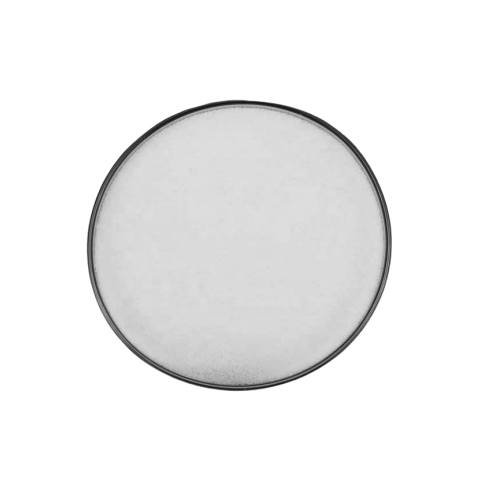
Key Applications of AIBN
AIBN is primarily used in the production of synthetic materials, specifically in polymerization processes. Here are some of its key applications:
1. Polymerization of Monomers
AIBN is a critical initiator in the polymerization of styrene, acrylate, and other vinyl monomers. This process results in the production of polymers used in a wide range of products, including:
- Plastics: Polystyrene, polyacrylate
- Rubber: Synthetic rubbers for industrial applications
- Coatings: Used in paint and coatings for automobiles and other industries
2. Rubber and Plastic Raw Materials
In the rubber and plastic industries, AIBN is used to create polymer-based materials with specific properties such as elasticity, durability, and strength. For example, synthetic rubber is widely used in the automotive, construction, and manufacturing sectors. The addition of AIBN ensures the desired molecular weight and mechanical properties of the rubber, making it suitable for various industrial applications.
3. Coatings and Additives
AIBN is extensively used in the formulation of coatings and additives. It is used in the production of automotive paints, industrial coatings, and adhesives. In these applications, AIBN helps ensure that coatings cure properly, resulting in durable, high-performance products.
AIBN’s ability to initiate the polymerization of monomers in coatings is crucial for providing resistance to heat, abrasion, and environmental factors.
4. Solvents and Additives
AIBN is also used in the creation of specific solvents for the chemical and pharmaceutical industries. These solvents are essential in dissolving and dispersing materials during manufacturing processes. Furthermore, AIBN contributes to the stability and efficiency of additives used in various applications, including polymers, paints, and plastics.
5. Other Industrial Applications
In addition to its use in plastics, rubbers, and coatings, AIBN finds applications in other sectors, including the pharmaceutical and cosmetic industries. In these areas, AIBN is used in the production of drug delivery systems and cosmetic polymers.
Global Demand and Market for AIBN
The global market for AIBN is substantial, with demand driven by industries such as plastics, rubber production, coatings, and adhesives. AIBN is a crucial raw material used in large-scale manufacturing plants, particularly in regions such as:
- Europe
- United States
- South Korea
- Japan
- Russia
- China
These regions rely on AIBN for a wide variety of industrial applications, including the manufacturing of synthetic rubbers and polymers.
At Honrel, we provide high-quality AIBN and other chemical raw materials to businesses across the world. By sourcing directly from reputable suppliers, we offer competitive pricing and reliable delivery times for customers across major industrial markets.
Safety Considerations and Handling of AIBN
Like all chemical raw materials, AIBN must be handled with care to ensure safety in the workplace. It is essential to follow proper handling, storage, and disposal guidelines to minimize the risk of accidents and exposure.
Storage
AIBN should be stored in a cool, dry place away from direct heat sources. The storage area should be well-ventilated, as AIBN can decompose into hazardous nitrogen gases when exposed to high temperatures.
Decomposition and Toxicity
AIBN decomposes at higher temperatures, releasing free radicals and toxic nitrogen gas. This process can pose health risks, including respiratory irritation, headaches, and nausea if proper precautions are not followed. Therefore, workers handling AIBN should always use appropriate Personal Protective Equipment (PPE), including gloves, goggles, and respiratory protection if necessary.
Fire and Explosion Risk
As a flammable compound, AIBN poses a fire and explosion risk. It should be kept away from open flames, sparks, and other ignition sources. In case of a fire, the appropriate type of extinguisher should be used to manage chemical fires.
For companies that purchase AIBN in bulk, ensuring compliance with safety regulations and protocols is crucial. Proper training and understanding of AIBN’s hazards will help prevent accidents in industrial settings.
AIBN in the Broader Context of Chemical Raw Materials
AIBN is just one example of the many chemical raw materials that companies use to produce high-quality goods. Honrel provides a wide range of chemicals for various industries, including:
- Abrasive and Refractory Materials
- Battery Raw Materials
- Catalyst Raw Materials
- Coatings/Additives/Solvents
- Daily Chemical Raw Materials
- Precious Metal & Rare Earth Products
Honrel’s global distribution network ensures that customers from Europe, America, South Korea, Japan, and beyond can access top-tier chemicals for industrial production.
Analysis Tables
Table 1: Properties of AIBN
| Property | Value |
|---|---|
| Molecular Formula | C8H12N4 |
| Melting Point | 102°C |
| Solubility | Soluble in organic solvents (acetone, ethanol, ether) |
| Density | 1.2 g/cm³ |
| Chemical Stability | Stable at room temperature but decomposes under heat |
| Fire Hazard | Flammable |

Table 2: Applications of AIBN
| Application Area | Description |
|---|---|
| Polymerization | Used as a radical initiator for polymerizing monomers such as styrene and acrylates. |
| Rubber Production | AIBN is used to create synthetic rubbers with specific mechanical properties. |
| Coatings | AIBN is used in coatings to initiate polymerization, ensuring durability and resistance. |
| Solvents & Additives | Used in the creation of chemical solvents and additives. |
| Cosmetic & Pharmaceutical | AIBN is utilized in producing drug delivery systems and cosmetic formulations. |
Conclusion
2,2-Azobisisobutyronitrile (AIBN) is an essential chemical raw material used in the polymerization of a wide range of materials, from plastics to rubbers. Its versatility and reliability make it indispensable in many industries, including coatings, adhesives, and solvents. As a global supplier, Honrel offers AIBN and other high-quality chemicals to businesses worldwide, ensuring they receive the best raw materials for their industrial processes.
If you’re in need of bulk chemical raw materials like AIBN, Honrel can provide top-quality products at competitive prices, with reliable delivery services across the globe.


